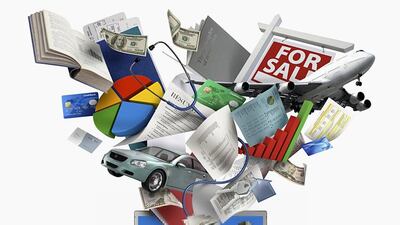The World Wide Web is a wide-area hypermedia information retrieval initiative aiming to give universal access to a large universe of documents.” Thus ran the description of the very first webpage – written 25 years ago this week. Today, you almost undoubtedly get what it means, but a quarter of a century ago you might have guessed “hypermedia” to be a switch on the bridge of the starship Enterprise. How times have changed.
And indeed, what monumental changes the internet and web have brought. What started as a way to organise and share scientific data has grown into one of the most astonishing and essential inventions of the modern world. Even the idea that there were no websites earlier than 25 years ago seems amazing – for most people born after 1990, the internet has always been there, part of the fabric of existence.
The web has altered so much of daily life, sometimes in obvious ways – the music industry, for example, has been completely transformed. Other elements are less obvious, although they are just as profound. Perhaps even more so.
Among these is the way business treats people. Marketing used to be about finding pockets of potential customers and blasting advertising at them as a group. Today, it is about targeting individuals for a particular brand of marmalade, for instance, based on some complicated, arcane tracking of their habits. Now imagine doing this for every single one of the seven billion people with access to the internet. That’s a mighty powerful tool. To put it in more straightforward terms: people were once seen only as customers – today they are products as well.
Our data, our habits, the websites we visit, how long we spend there, where else we go online, all of these are precious pieces of information that companies mine, aggregrate, research and then sell on. And as the use of the internet has moved to mobile devices, that amount of information has exploded commensurately.
The sum of our lives in the past might be said to equal the collection of faded pictures in a photo album. Today, we still have photos, but they are digital. More importantly, every aspect of our lives has been rendered into data that can be sliced up, joined together or served in any number of ways. And as data, we are as much products to be hawked as the things we buy. After all, how else does Amazon know you need an espresso maker?

